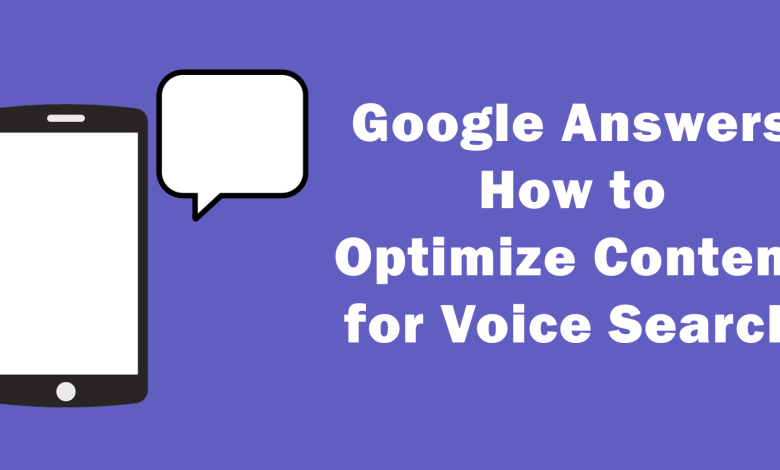
In a recent Webmaster Central Hangout, Google’s John Mueller addressed optimizing content for voice search.
Mueller provided insights into what kinds of content are effective and pointed out content types that might not be suitable.
He also warned against over-optimizing, offering examples of strategies that could be seen as spam.

Google’s John Mueller discusses optimizing content for voice search and Google Assistant.
Google Assistant for speakers and cars is capable of displaying information on screens.
Google recently informed publishers on how to make their content more discoverable by Google Assistant.
While currently limited to particular types of content like news, recipes, and podcasts, the scope of Google Assistant may expand in the future.
Thus, understanding how to optimize your content for Google Assistant is becoming increasingly important.
Use Structured Data
At Pubcon Las Vegas this past November, Gary Illyes encouraged publishers to incorporate structured data into their websites in preparation for new Google features in 2018 that would utilize it.
Creating content that is friendly for voice assistants could be one such application.
Mueller recommended using Structured Data to help Google understand what a webpage is about.
“I think that’s really complicated because from Google’s side, what we try to do is to understand your page… and to figure out which type of voice queries match those pages. So that’s something you can help us with by using structured data on the pages and telling us a bit more about what this page is about.”

Consider Voice Snippets
Mueller suggested considering how your content might fit as a voice snippet.
“Something you can perhaps also tell us if you have… kind of like information that could be combined into a voice snippet—that might be useful for some kinds of content…”
Consider How Your Content Sounds Out Loud
Another useful tip was to think about how your content is structured.
For instance, content presented in a large table might not be appropriate for Voice Assistant.
If the content cannot be read aloud and still make sense, it’s likely unsuitable for voice searches.
“…that’s not possible if you have a question and the answer is a big thing or a table or a list of links. That’s not something that really works with voice…”
Make Your Content Easy for Users to Read
This might seem like basic advice, but it has become even more vital now with the shift towards voice searches.
Mueller suggested that for some types of voice searches, giving a direct answer to a question and making it clear that the paragraph is the answer can be beneficial.
“I know for some other kinds of voice assistance they try to match the question more directly… so they’re looking for maybe web pages that say… what is the tallest mountain as a title and then they read the first paragraph.”
Don’t Over-Optimize for Voice Search
Mueller anticipated that web publishers might create single-paragraph webpages to target voice search, and he cautioned against this:
“I think for Google that’s probably overdoing it and quickly ends up in a situation where you basically create a doorway site with all these question variations and a short piece of an answer. The pages themselves have really low value because they don’t have a lot of information; they’re just targeted for this one specific query…
…I think that’s very shortsighted if you were to go in that direction.”
That’s excellent advice.
Takeaways
Overall, the key takeaways are:
- Use Schema Structured Data.
- Create content that sounds natural when read aloud, is clear, and intelligently structured.
- If targeting voice search, rethink how your content is delivered and avoid pages of links or large tables of data.
- Consider discussing the contents of a table in a user-friendly manner, with the table serving as a visual aid.
Write Natural Content
Mueller concluded by encouraging natural writing.
“Really kind of focus more on trying to make it so that Google and other search engines can understand the context of information a lot better and to make sure that your content is written in a way that can be read aloud. Which I think is general guidance anyway.
…if you write naturally and you write in a clear kind of language that’s consistent across the types of queries you want to target, then that’s the type of information that we could pick up for voice as well.”
More resources
Images by Shutterstock, modified by Author


